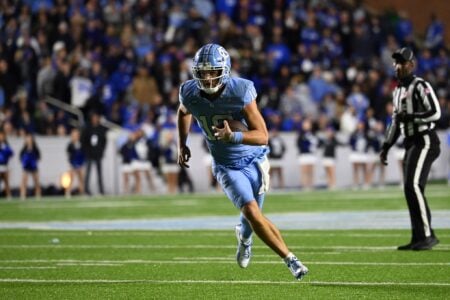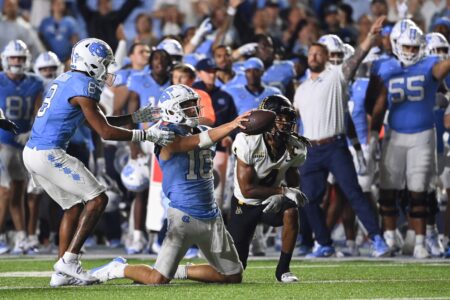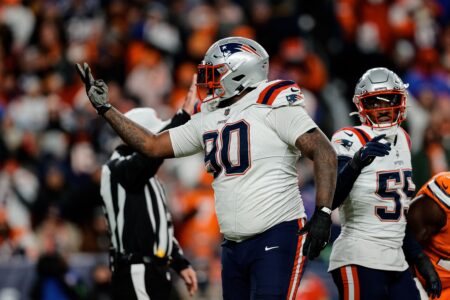PP2
Hall of Fame Poster
- Joined
- Jul 28, 2012
- Messages
- 24,079
- Reaction score
- 24,544
Seriously do you not understand that pass/run ratios are influenced by the fact that when you have a lead you run and when you are behind you pass?
You seem to just want to totally ignore the fact that the pass/run ratio is a result of the score. You are saying more runs LEAD TO WIN but the reality is that more runs RESULT FROM being ahead in the game.
Therefore, when you cite that a team lost because of run/pass ratio you are ignoring that the run/pass ratio was a result of being behind. Conversely if you have a big lead and run 15 of the last 17 plays of the game, you have also distorted the run/pass ratio. You simply cannot use those as CAUSE when they have been proven over and over again to be EFFECT.
You seem to just pretend this argument isn't being made every time you see it. Are you hiding from it, or do you have a response?
Lol, are we playing pop warner football? Run when we have a lead, throw when we're behind? I'm afraid the NFL isn't that simple.
The pass/run ratio isn't a result of the score, it's the SCRIPT that's designed before every game. There's always about 15-20 plays designed beforehand that establishes what you are going to do during the game.
I don't deny that running on consecutive downs at the end of a game distorts the pass/run ratio, but we do NOT do that every game, either because the score is too close or because of some other factors. This still doesn't prevent us from seeing a pattern.
My rationale for using the pass/run ratio as CAUSE in relation to W-L is the invariable nature of football games in that no one game is ever the same, and the idea that we consistently run when ahead and pass when behind is pure nonsense.

















